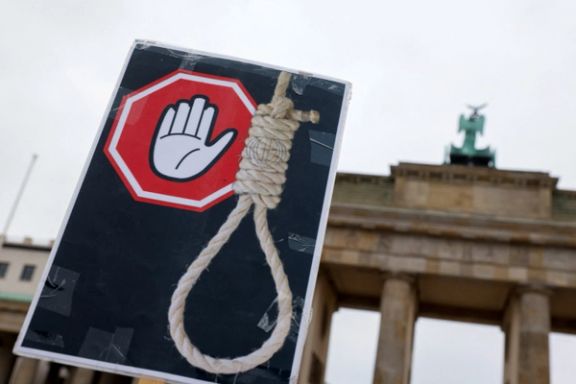Surge in executions expected post-election, warns Iran rights group

The Iran Human Rights Organization (IHRNGO) based in Norway has warned of a likely surge in executions following the presidential election in Iran.

The Iran Human Rights Organization (IHRNGO) based in Norway has warned of a likely surge in executions following the presidential election in Iran.
Mahmood Amiry-Moghaddam, the director of IHRNGO, cautioned that Iranian authorities historically reduce executions "to encourage people to participate in the elections" and then sharply increase them immediately afterward.
“The people of Iran and the international community must prepare now to counter and respond appropriately to the potential wave of executions,” Amiry-Moghaddam stated.
IHRNGO’s latest figures show 249 executions have occurred over the past six months. The report indicates a 30% decrease in executions compared to last year, attributing this decline to the parliamentary and presidential elections. The organization's 15-year statistical analysis shows a consistent decline in executions in the two weeks leading up to elections, believed to be a tactic to boost voter turnout.
The report also details that 14 people were executed for security and ideological reasons, including five who were hanged on charges of spying for Israel. Additionally, it was noted that 35 of the executed individuals were Baluchis, who, despite making up only 2-6% of Iran's population, accounted for 14% of all executions.
In December, the UN Special Rapporteur on Iran highlighted the "shocking" levels of killings, torture, and brutality against the Baluch minority, noting that Baluchis are disproportionately targeted and executed within the Iranian criminal justice system.
In Iran's eastern Sistan-Baluchistan province, the predominantly Sunni Baluch community has faced severe persecution over the past 44 years, enduring the highest execution rate in the country.